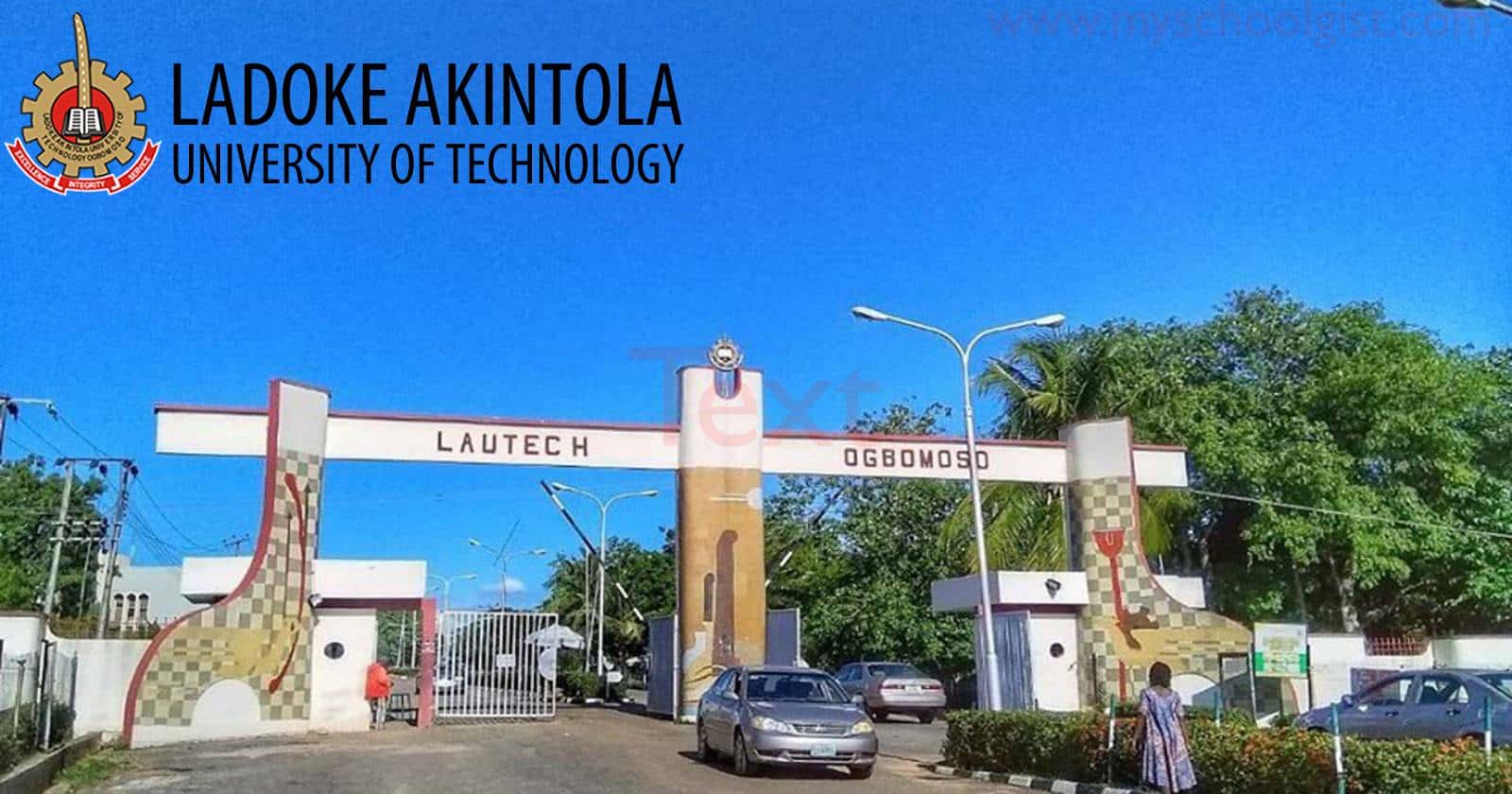Nigeria has doubled the number of its ranked universities – from six to 12 in the recently released Times Higher Education (THE) World University Rankings.
However, stakeholders are divided on whether the achievement is an accurate reflection of the nation’s higher education system, considering incessant strikes by various academic unions.
The rankings for Nigeria showed that the University of Ibadan (UI) and University of Lagos (UNILAG) are tied for first spot, both scaling into the top 500 as they were placed in the 401-500 band.
Covenant University occupies the third spot and is placed in the group band of 601-800.
Two federal universities, Bayero University, Kano (BUK) and Federal University of Technology, Akure (FUTA) were placed in the group band of 1001-1200.
Ranked among the group band of 1201-1500 are four universities, namely universities of Benin, Ilorin, Nsukka and Obafemi Awolowo University.
The remaining three universities ranked in the last category of 1501+ include Federal University of Agriculture Abeokuta (FUNAAB), Ladoke Akintola University of Technology (LAUTECH) and Nnamdi Azikiwe University (NAU) Awka.
Like their counterparts across the world, the universities were ranked based on various indicators that included teaching, research, citations, industry income and international outlook.
Number of ranked universities in Africa increases
African universities have made progress in the World University Rankings, as 97 institutions drawn from 17 countries were rated best universities globally, with 10 of them in the top 500.
University of Cape Town in South Africa moved from 183 position last year to 160 globally, and it is the only university on the continent that forms part of the top 200 universities.
Two other South African universities, Stellenbosch University and the University of the Witwatersrand, are both in the 251-300 category, while Ghana’s University of Cape Coast in the 351-400 bracket has been placed fourth.
Muhimbili University of Health and Allied Sciences of Tanzania, a newcomer into the rankings, joined the world top 500 universities.
In comparison with the rest of the best-ranked universities in Africa, Muhimbili is relatively new, as it was carved out from the University of Dar es Salaam and only accorded full-fledged university status by the Tanzania Commission for Universities in 2007.
Although Africa’s footprint on the quality of higher education seemed to be rising, it is not evenly spread across the continent, as almost 70 per cent of universities ranked were from only four countries.
Egypt had 26 universities; South Africa was second with 15 universities, Algeria 13 and Nigeria 12.
Morocco and Tunisia each had eight universities, while Ghana had three; Ethiopia and Tanzania had two universities each on the overall ranking index. Eight other countries, including Botswana, Kenya, Uganda Mauritius, Mozambique, Namibia, Zambia and Zimbabwe all had one university each on the list.
Largest ranking edition up to date
According to the marketing director at Times Higher Education, Claire Baumforth, the rankings were based on five indicators that included teaching, research, citations, international outlook and industry income.
This year, the researchers evaluated 1,799 universities from 104 countries and regions, effectively making it the largest edition in the 19-year history of the THE’s rankings.
Baumforth said: “Our researchers provided a rigorous overview of a university’s quality, drawing on an analysis of 15.5 million research publications, 121 million citations and over 40,000 responses to an annual academic reputation survey.”
In spite of its strategic importance in driving the current knowledge-based economy, successive administrations in Nigeria have relegated education to the background with budgetary allocation to the sector paltry, at best.
A review of the budgetary allocation to the sector by the 36 states of the federation, all of which own at least one university each, showed poor statistics. While the United Nations Educational, Scientific and Cultural Organisation’s (UNESCO) convention recommended 25 per cent to the sector, Nigeria still has not achieved 15 per cent allocation.
In the 2022 budget of the Nigerian government, the education sector got N1.29 trillion representing 7.9 per cent of the total budget. Recall that of the N55.3trillion budgeted by the Federal Government in the last six years, only N3.5 trillion was allocated to education and this represents less than 10 per cent.
The sector has been deprived of adequate funding with dearth of infrastructure, poor welfare, inadequate staffing being part of the challenges impeding the sector and hampering effective learning across primary, secondary and tertiary institutions.
Did anything improve in higher education?
Stakeholders were however divided on how Nigeria was able to double its number of ranked universities. While some wondered how the institutions were able to achieve the feat considering instability in academic calendar, others, however, said there was nothing surprising about the achievement.
A professor of Education at the University of Uyo, Etim Inyang, said despite the eight-month strike by university teachers, which paralysed academic and administrative activities across campuses, many Nigerian universities are getting more visible on the internet.
“The universities are becoming more digitally inclined as more institutions are publishing their research on the internet.
On his part, Prof Lucia Nkem of University of Uyo, said the rankings doubled based on published research.
A Professor of education technology at Ekiti State University, Adefemi Olasosun, said doubling the number of universities in the latest The meant something right was being done by the institutions.
“No doubt, Nigerian universities have their challenges, but this is not to say that the quality of education they provide is not good.
“The infrastructure may appear to be decaying and quality of staff going down, but the situation is not that bad. As a matter of fact, these challenges are why ASUU is asking the government to revitalise the system and make it what it is supposed to be,” he said.
Citing the United Kingdom and United States as examples, Olasosun said all over the world, Nigerian university graduates thrive in their postgraduate studies alongside their counterparts from across the globe.
“This gives an impression that the education these graduates had back home was not poor in any way,” he said.
“Most times when you see lecturers’ unions fighting the government, it is because we are looking at where we are and how to improve on it. We fight the government to provide necessary funds to do this.
“But even as things are, Nigerian universities are not mediocre. There is a bright future for us, especially when we do these three things: first, the Federal Government must revitalise the system; secondly, philanthropists must pump in investments in research; and thirdly, the government must ‘commoditise’ research by scholars. When these are done, Nigerian universities would be better.”
Olasosun advised Nigerian universities to improve on factors such as knowledge transfer, digital traffic, international student enrolment, international staff recruitment and research, to improve their positions in the rankings.
Stakeholders react
For experts in the sector, some of the nation’s universities ranked so low because teaching and research are often interrupted by prolonged strikes. This, they noted, has affected the quality of graduates being churned out annually, as they are often times unemployable because of poor training.
While commending the top institutions for a good showing, stakeholders canvassed improved funding of sub-sector, and tasked other universities to gear up for global challenges.
An education consultant, Timothy Benson, said: “It is clear that universities cannot perform beyond their capacity. Deprived of the needed funding for teaching and research, lecturers make do with what is available, at times, embarking on strikes to press home their demands and the result is what international, disinterested assessors put before the rest of the world about the tertiary institution the country runs and owns.
“Under the present administration alone, undergraduates in universities across the country have lost about 13 months from their educational calendar, owing to the recurring strike by ASUU). The recent strike by university unions.
“Tellingly, in our considered opinion, all of these factors contribute immensely to the worsening state of education in the country and make the universities rank abysmally low because their capacity to optimally perform in teaching and research have been impeded.”
Benson urged the authorities to see the latest ranking as a wake up call on the urgency of turning things around, so as to salvage what is left of the sector.
On his part, Dr Adenike Oluokun of Adeleke University, Ede, said based on the identified problems confronting university education, there is need for adequate funding, quality teaching, research and paper publication in recognised journals, ensuring academic collaboration, employment of international lecturers, admission of international students as well as collaboration with private institutions to boost industry income and developing internationalisation policy on higher education.
“Earlier, some older universities that were able to have these parameters lost them during the incessant strikes by staff and students. We need a steady calendar to attract international staff and students. We need a reasonable level of research infrastructure to publish peer reviewed articles in high impact journals and we need excellent teachers to enable our graduates perform confidently in the work place,” Oluokun added.
Former vice chancellor of Caleb University, Imota, Prof Ayodeji Olukoju, noted that in the 70s and even 80s, foreign lecturers came for sabbaticals in Nigerian universities because the standard met global best practices. “Universities were well funded; the career path of lecturers began by being a first class student. What mattered was what you had upstairs not who you knew, or how politically savvy you were.
“The most critical indicator in university ranking is quality and quantity of research. Another strong indicator is the international component of staff and students. Most of our universities have sparse international students or none at all. International staff is also scanty. The poor resourcing of our universities accounts in large part for international students and staff not coming to study and to teach respectively,” Olukoju added.
He noted that funding is critical to getting the nation’s tertiary institutions to rub shoulders with their counterparts at international levels.
“You cannot achieve a world-class academic level without facilities. The parameter indicates that without certain incentives, you cannot get to the top 10. And this translates to funding,” he said.
He noted that many universities in Nigeria are merely surviving, which makes them pay less attention to the issue of rankings.
“Besides, there are not enough teachers. Commitment to teaching and research is low or absent. Excellent and dedicated lecturers are not easy to come by owing to poor remuneration and traumatising working condition characterised by poor and inadequate facilities and frequent industrial actions. For the same reason, bright and young lecturers and administrators are leaving and going abroad. Many universities are not recruiting, even as migrating teachers are not being replaced,” Olukoju added.
!function(f,b,e,v,n,t,s){if(f.fbq)return;n=f.fbq=function(){n.callMethod?
n.callMethod.apply(n,arguments):n.queue.push(arguments)};if(!f._fbq)f._fbq=n;
n.push=n;n.loaded=!0;n.version=’2.0′;n.queue=[];t=b.createElement(e);t.async=!0;
t.src=v;s=b.getElementsByTagName(e)[0];s.parentNode.insertBefore(t,s)}(window,
document,’script’,’https://connect.facebook.net/en_US/fbevents.js’);
fbq(‘init’, ‘247107802609931’);
fbq(‘track’, ‘PageView’);






Leave a Reply